Jaffrey-Rindge MLK Day speaker Aaron Mair to give talk on environmental justice
| Published: 01-11-2023 2:40 PM |
When “Not in My Backyard” attitudes pushes undesirable but necessary infrastructure onto communities least able to fight back, it can create a social injustice, an experience that galvanized environmental activist Aaron Mair into the environmental justice movement when he saw it happening in his own community.
Each year, the Jaffrey-Rindge MLK Committee has marked Martin Luther King Jr. Day with a keynote speaker on a specific theme. This year, it is Mair, the first African-American president of the Sierra Club, speaking about “Shades of Justice: building a diverse and inclusive environmental movement.”
Jaffrey’s King celebration will take place Monday, Jan. 16, from 5 to 6 p.m. at The Park Theatre, 19 Main St. in Jaffrey, followed by a reception and exhibit. The event is scheduled towill also be livestreamed on parkyoutube.com. The theme this year is “Justice Everywhere,” a nod to the King quote, “Injustice anywhere is a threat to justice everywhere.”
Mair currently leads Adirondacks Forever, an initiative to preserve Adirondack Park, and has previously been a member of President Bill Clinton’s White House Council on Environmental Quality. He also was a leader in the campaign to require General Electric to clean the Hudson River.
While he was the leader of the Sierra Club, he was instrumental in making the concept of “environmental justice” a part of the Club’s mission.
“Environmental justice recognizes and discovers that the civil rights lens must be expanded to environmental efforts,” Mair said.
Mair first became involved in the movement in the late 1980s, when a garbage incinerator was built in the community where he was raising his young family. As he got involved, he realized it was part of a larger trend.
“There was a pattern that existed, of placing these facilities among poor communities in general, and particularly in predominantly African-American communities,” Mair said.
Article continues after...
Yesterday's Most Read Articles
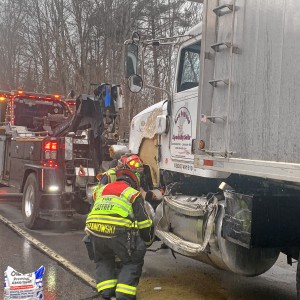 UPDATE: Drivers identified in Jaffrey dump truck crash
UPDATE: Drivers identified in Jaffrey dump truck crash
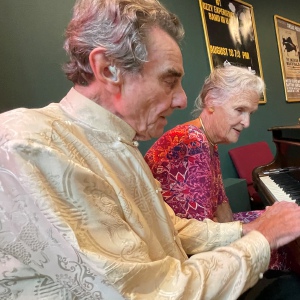 Bernie Watson of Bernie & Louise dies at 80
Bernie Watson of Bernie & Louise dies at 80
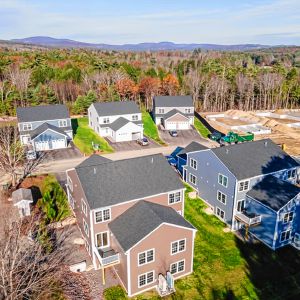 BUSINESS QUARTERLY – New housing projects could provide relief
BUSINESS QUARTERLY – New housing projects could provide relief
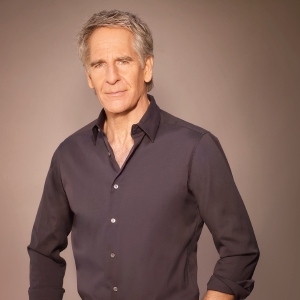 Scott Bakula starring in Peterborough Players’ ‘Man of La Mancha’
Scott Bakula starring in Peterborough Players’ ‘Man of La Mancha’
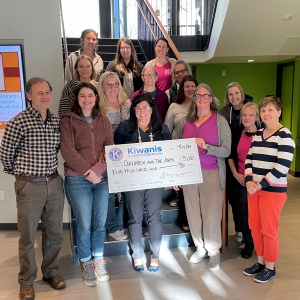 Children and the Arts Festival in Peterborough will have bird theme
Children and the Arts Festival in Peterborough will have bird theme
A statistical analysis of placement of hazardous waste sites, conducted by the United Church of Christ in 1987, showed that communities of predominantly people of color were more likely to be the sites of negative amenities, like the garbage incinerator in Mair’s community, or to be built on top of landfill sites.
“We noticed a phenomenon that in lots of communities of color, their health was failing, because they were located near these hazardous waste sites. They didn’t have clean air, clean water, and their open spaces were paved over,” Mair said.
Civil rights has to be an intersection of multiple areas, Mair said – equal protection under the law, public policy, land use and access to public education and housing.
“All those barriers and hurdles you have to face and jump,” Mair said.
When King was assassinated, he was in Memphis, Tenn., on behalf of striking sanitation workers. While the strike was over wages, Mair said the workers were also living in areas where they were chronically exposed to contamination from the fertilizers and insecticides produced in Memphis.
New Hampshire is a fitting place to have a conversation about environmental justice, Mair said, as the Northeast is a key part of helping to fight against climate destruction. New Hampshire, which upon settlement was largely cleared for farm and pasture land, but allowed to reforest when farmers moved to more-fertile ground in the west, has a large amount of old-growth forest. Carbon-capturing trees are what Mair termed a “front line solution, that costs nothing,” in the combat against climate destruction.
While other parts of the world are already seeing people migrate due to climate changes, Mair said the United States isn’t immune to the prospect. “Goldilocks” – that is, “just right” – zones such as the Northeast could become migration destinations for residents in other parts of the country dealing with water loss or wildfires.
Mair said education is a key point in connecting environmental justice with existing groups with interests in conservation.
“We have an opportunity to pull together and collaborate, but right now we need to educate,” Mair said. “We have to have a grassroots, bottom-up ability to build solidarity, and build a stronger civil society.”
In addition to Mair’s keynote speech, the events on Monday include musical performances by district school choruses, a presentation of sixth-grade projects on environmental justice and the announcement of the MilliporeSigma-MLK Student Scholarship opportunity. Sierra Leone-born, New Hampshire-raised musician Senie Hunt of Nashville will lead a closing audience sing via the music video premiere of his original composition, “Stand Together.”
In the case of questionable weather conditions or for other updates, visit MLK Celebration Jaffrey-Rindge on Facebook or write to jaffreyrindgemlk@gmail.com.
“Celebrating Martin Luther King Jr.” is supported in part by a grant from the New Hampshire Charitable Foundation’s Putnam Foundation.
Ashley Saari can be reached at 603-924-7172 ext. 244 or asaari@ledgertranscript.com. She’s on Twitter @AshleySaariMLT.

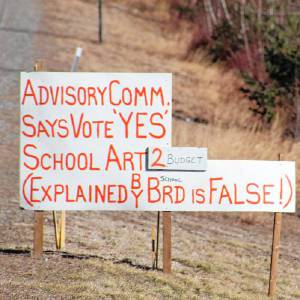 Group looks to close divide in Mascenic district
Group looks to close divide in Mascenic district Rindge Recreation Department organizes a trip to Converse Meadow
Rindge Recreation Department organizes a trip to Converse Meadow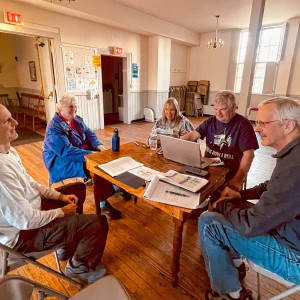 Greenfield Community Power Committee approves identifying possible suppliers
Greenfield Community Power Committee approves identifying possible suppliers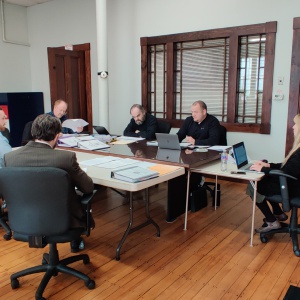 Wilton Select Board discusses options for ARPA funds
Wilton Select Board discusses options for ARPA funds
